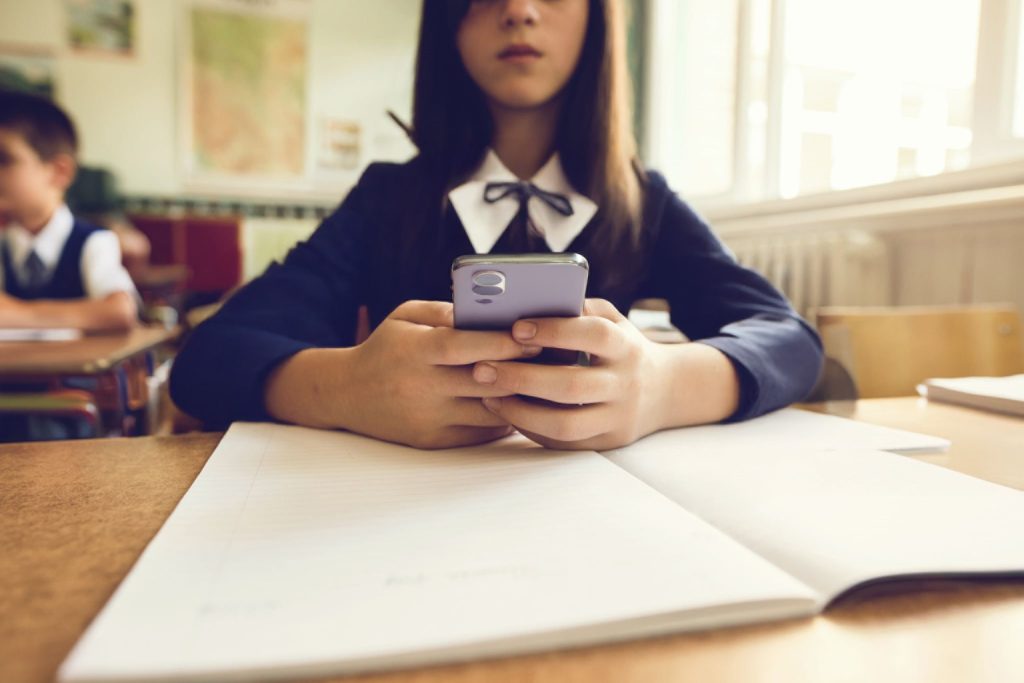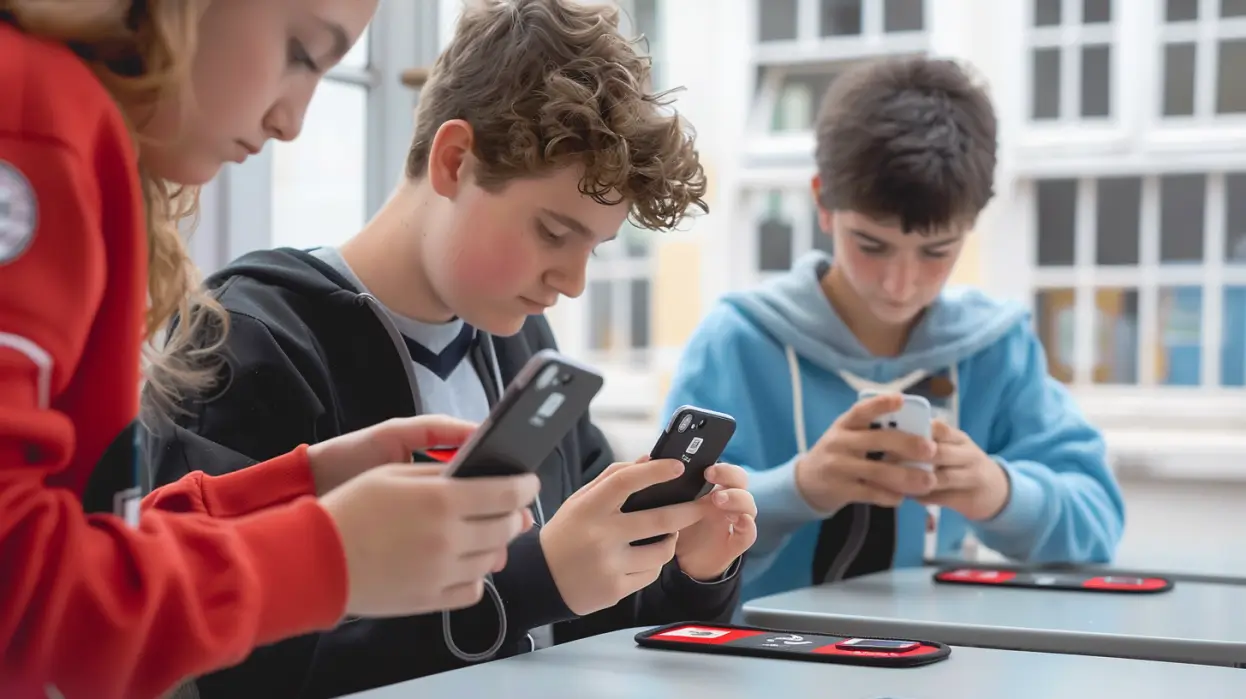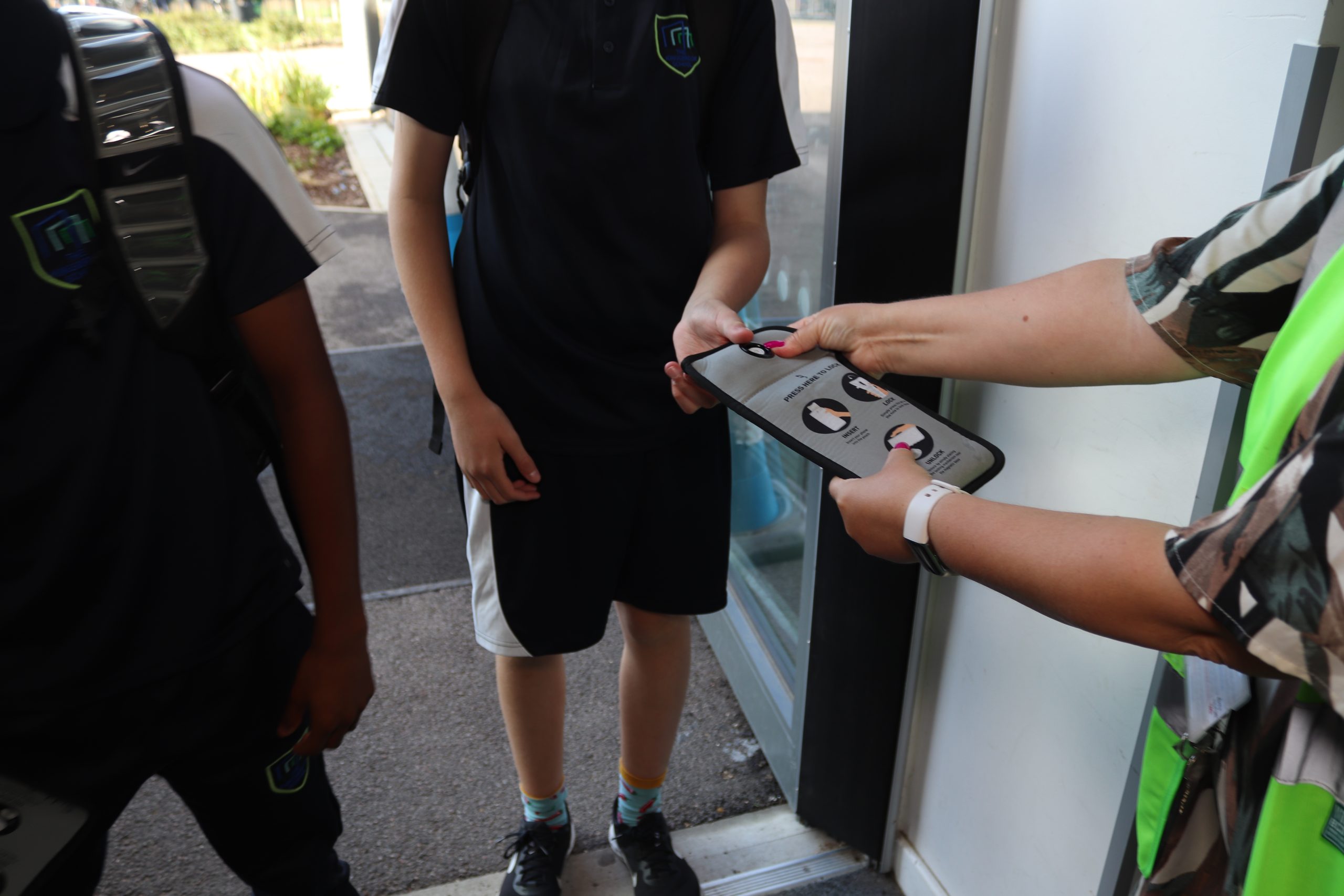15 Facts: Why schools should be going ‘phone-free’
When children first started getting smartphones a decade ago, there was no research on their impact. Today, smartphones are inescapable. According to Ofcom, 98% of children between 16 and 17 years old own a smartphone in the UK, almost 50% of under-13s are now on social media, and 90% of children own a mobile phone by the time they reach 11.
In recent years, research has picked up and the results are overwhelming, triggering a response from local and central governments to take action as public opinion heats up over childrens’ easy exposure to an adult world.
Need convincing? We’ve compiled 15 excerpts from recent research and studies on topic of the impacts of smartphones on school children, as well as the impact of schools going phone free.
83% of parents believe that smartphones are potentially harmful to young people.
Source: Parent Kind
1 in 4 young adults show signs of behavioural addiction to smartphones.
Source: Kings College London
12–15-year-olds spend an average of 35 hours a week – equivalent to a full-time job – on their smartphone.
Source: University of Birmingham
Only 11% of secondary schools have effective phone bans in place.
Source: Policy Exchange
It can take students up to 20 minutes to refocus on what they were learning once distracted.
Source: University of Chicago

1 in 3 of teachers report pupils using phones in lessons without permission.
Source: Department for Education
Removing smartphones from schools in Belgium, Spain and the UK was found to improve learning outcomes.
Source: UNESCO
Data shows that the younger they got their first smartphone, the worse their mental health today.
Source: Sapien Labs
Young people who experience cyberbullying are twice as likely to attempt suicide and self-harm.
Source: JMIR Publications
Cyberbullying cases are rising, with 1 in 6 children saying they have been cyberbullied.
Source: World Health Organisation

90% of girls and 50% of boys say they’re sent explicit content they don’t want to see.
Source: Ofsted
The average daily time that teens spend with friends has plummeted by 65% since 2010.
Source: Science Direct
After just 3 weeks, a school that banned smartphones found a 17% decrease in symptoms linked to depression.
Source: Channel 4
Australia saw a 63% decline in “critical incidents involving social media” following a state-wide school phone ban.
Source: South Australian Government
Children at schools with an effective ban achieved GCSE results that were 1 – 2 grades higher.
Source: Policy Exchange
These powerful findings helped lead Channel 4 to make a documentary about phone use in UK schools. If you missed it, you can read our write up on The School That Banned Smartphones.











